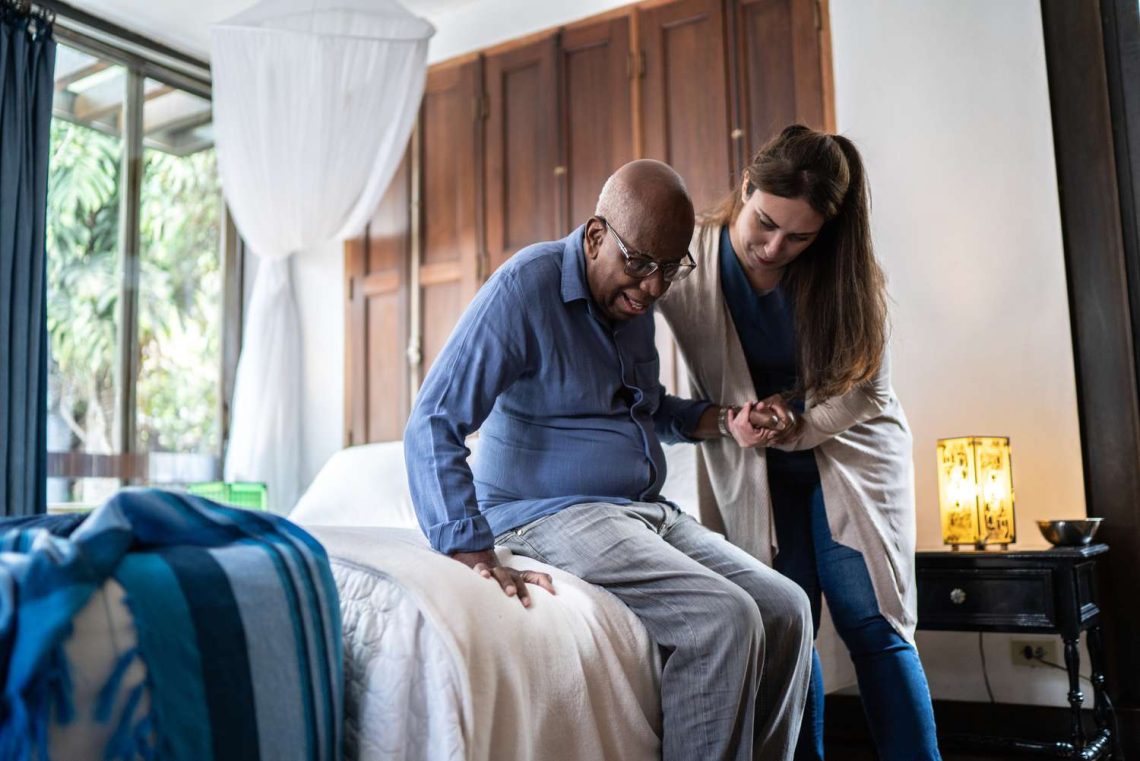Introduction
Recovering from pneumonia is not always a quick process. While some people bounce back in a couple of weeks, others—especially older adults or those with chronic health conditions—may take months to regain full strength. Pneumonia can be physically draining, and returning to normal activities too soon increases the risk of complications or relapse.
This article explores the pneumonia recovery timeline, why rest matters, and how to prevent setbacks for a full recovery.
How Long Does Pneumonia Recovery Take?
Recovery time varies based on factors such as:
- Type of pneumonia (bacterial, viral, or fungal)
- Age and overall health
- Severity of infection
- Presence of chronic conditions
Typical Recovery Timeline
- First 1–2 weeks: Fever and most symptoms improve with treatment, but fatigue persists.
- Weeks 2–4: Cough may linger; energy levels gradually return.
- Weeks 4–6: Most people feel significantly better, but lungs may still heal.
- 6 weeks–3 months: Full recovery for older adults or severe cases.
Important: Even if symptoms improve, lungs continue healing for weeks, so overexertion can trigger relapse.
Why Rest Is Critical
Pneumonia inflames and fills the lungs with fluid, making breathing difficult and reducing oxygen supply to the body. Physical exertion during this period puts extra stress on the lungs and heart.
Benefits of Rest:
- Reduces strain on the lungs
- Speeds healing by conserving energy
- Lowers the risk of complications like pleurisy or respiratory failure
Tips for a Smooth Recovery
1. Follow the Full Treatment Plan
- Complete the full course of antibiotics (for bacterial pneumonia)
- Take antivirals or antifungals as prescribed
- Use inhalers or breathing treatments if recommended
2. Get Plenty of Rest
- Sleep at least 8–10 hours per night
- Take short naps during the day if fatigued
- Avoid strenuous activities for at least 2–3 weeks
3. Stay Hydrated
- Drink water, herbal teas, and clear soups
- Fluids thin mucus, making it easier to clear
4. Eat a Nutrient-Rich Diet
- Include lean proteins, fruits, vegetables, and whole grains
- Vitamin C, zinc, and antioxidants support immune function
5. Practice Deep Breathing Exercises
- Helps expand the lungs and prevent complications like lung scarring
- Inhale deeply through the nose, hold for a few seconds, and exhale slowly
6. Avoid Smoking and Alcohol
- Smoking slows lung healing
- Alcohol weakens the immune system
Preventing Relapse After Pneumonia
- Don’t rush recovery: Wait until your doctor confirms you can resume full activities
- Avoid second infections: Wash hands regularly, avoid sick contacts, and wear a mask in crowded places
- Vaccinate: Get pneumococcal and flu vaccines to prevent future infections
- Monitor symptoms: Persistent cough, fever, or shortness of breath should prompt a doctor visit
Warning Signs of Complications
Seek immediate medical attention if you experience:
- Worsening cough or high fever
- Shortness of breath or chest pain
- Bluish lips or fingertips
- Extreme fatigue or confusion
These could indicate complications like pleural effusion, sepsis, or a relapse of infection.
When Can You Resume Normal Activities?
- Light activity: After fever subsides and energy improves
- Work or school: Usually after 1–2 weeks for mild cases
- Exercise: Wait until cough and fatigue are fully gone and your doctor approves
Conclusion
Pneumonia recovery requires patience, proper rest, and following medical advice. While most people feel better within weeks, full lung healing may take months. Rushing back to normal life can lead to relapse or severe complications. Listen to your body, take it slow, and prioritize lung health for a complete recovery.
FAQs:
How long does it take to recover from pneumonia?
Recovery can take 2 to 6 weeks for most people, but severe cases or older adults may need up to 3 months to fully heal.
Why is rest important during pneumonia recovery?
Rest helps the body heal, reduces strain on the lungs, and lowers the risk of complications or relapse.
Can pneumonia come back after recovery?
Yes, returning to normal activities too soon or not completing treatment can lead to relapse or a new infection.
What can I do to speed up pneumonia recovery?
Follow your doctor’s treatment plan, get plenty of rest, stay hydrated, eat a nutritious diet, and avoid smoking or alcohol.
When should I seek medical help after pneumonia?
If symptoms worsen or return—such as high fever, shortness of breath, or chest pain—contact your doctor immediately.






